Andrea Jimenez founded Herb Club LA with the hopes to create a community of better land stewards. It was in her field biology class where Andrea had the opportunity to become a certified Naturalist after learning about the native flora and fauna of Tongva land also known as Los Angeles. This opened a whole new world of understanding between our health and its direct connection to mother nature. She deeply believes that restoring our connection to mother nature could restore our health. It was this belief gave her the courage to create a community based around reconnecting to nature. She is now an herbalist apprentice at the School of the Sacred Wild in hopes to help the Herb Club LA community flourish.
Join us for the Fire Cider workshop led by Andrea at the GrowGood farm on November 6th from 2 to 4pm. Join us and register by going to grow-good.org/workshops.
Get to know our Fire Cider workshop host in our conversation below!
How did you first get into learning about herbs? And any resources or books that helped you along your journey?
Andrea: My journey to herbalism was through my own struggle with premenstrual cramps. At a young age I experienced very painful cycles and was always told there was nothing that could be done. It led me to look to traditional knowledge to understand how to help myself heal in a society that undervalues a connection to nature. I started out in a California Naturalist Certificate in 2017 where we learned about the native flora and fauna and why that's important to the ecosystem. This blew my mind and opened my heart to learn from elders and the plants themselves in the coming years.
When was Herb Club LA founded and what inspired you to create a club like this?
Andrea: I believe that a lot of the suffering we experience as a species is deeply tied to our disconnect to nature. We are destroying our beautiful planet on the outside and it's having a direct impact on our insides: our gut health, our brain health, and our emotional health. These are declining at the same rate that we are destroying our planet. It becomes more obvious by the minute.
My inspiration came from my personal health being turned around when I began reconnecting with nature and began taking accountability for my health. So I created Herb Club LA to create a community around honoring our inner and outer nature. I hope to encourage better land stewardship and better connection to the land we live in.
Can you share a bit about the training process to becoming an herbal apprentice?
Andrea: I think that being an herbal apprentice is being a student of nature for life. So although I've had formal training, our elders encourage us to use more than our intellect to learn this craft. There's more to herbs than healing. They experience our presence in a different way and I think it's our responsibility to connect with them as our neighbors and allies. In our lectures we learn about the ways in which the plants were used in traditional medicines like ayurveda, traditional Chinese medicine, as well as the wise woman tradition. We learn the common language other herbalists around the world use to identify plants, and their uses. But more importantly we learn to build a trust-muscle to boost our confidence and help us guide ourselves to the right healing methods while at the same time humbling down to allow those who seek us out for help to ultimately understand that healing is something everyone can do for themselves. It is a very complex and humbling thing to learn.
What are a few of your favorite herbs to use on a regular basis?
Andrea: On a regular basis I will turn to oatstraw, nettles, ashwagandha, and ginger and reishi.
How can those in LA venture on their own herb tours? Any tips for exploring the city.
Andrea: There are a few parks that are central to LA that are abound with native plants. Griffith Park is very big and has lots of natives. Ernest E Debs in Lincoln Heights is also a good place to go see some native flora. Parks do a good job at keeping toxic plants and tics at bay. More wild parts of LA can host toxic plants that those who are not familiar with the flora growing here should be careful with. I also see people prioritize native plants in the garden more and more these days which is a beautiful thing.
Can you share more about the benefits of Fire Cider and why it's so important to learn about natural herbal remedies?
Andrea: Learning about natural remedies is one of the best ways to help people help themselves while connecting to nature. What can be more empowering than that? To be more direct however, Fire Cider is a great protective remedy for the coming winter. Packed with lots of antiviral and immunity boosting herbs, Fire Cider is a no brainer. It's helpful to all people of all ages and does not intercept with medication.
Join us on Sunday, November 6th, from 2 to 4pm for a workshop on how to make a natural cider to help boost your immune system. You’ll learn about the benefits of fresh herbs, vegetables and fruits and how they each are beneficial for immunity. We’ll gather ingredients and prepare them right at the GrowGood farm while instructor Andrea Jimenez, founder of Herb Club LA and herbal apprentice guides us through the making of this natural cold remedy.
Class includes a tour of the GrowGood farm, step by step instructions on how to make the cider, education around the benefits of each ingredient for immunity, and some cider to take home!
Proceeds from this event go to support our nonprofit urban farm and furthering our mission to provide fresh produce and programs for the Bell Shelter.
Register by going to grow-good.org/workshops




